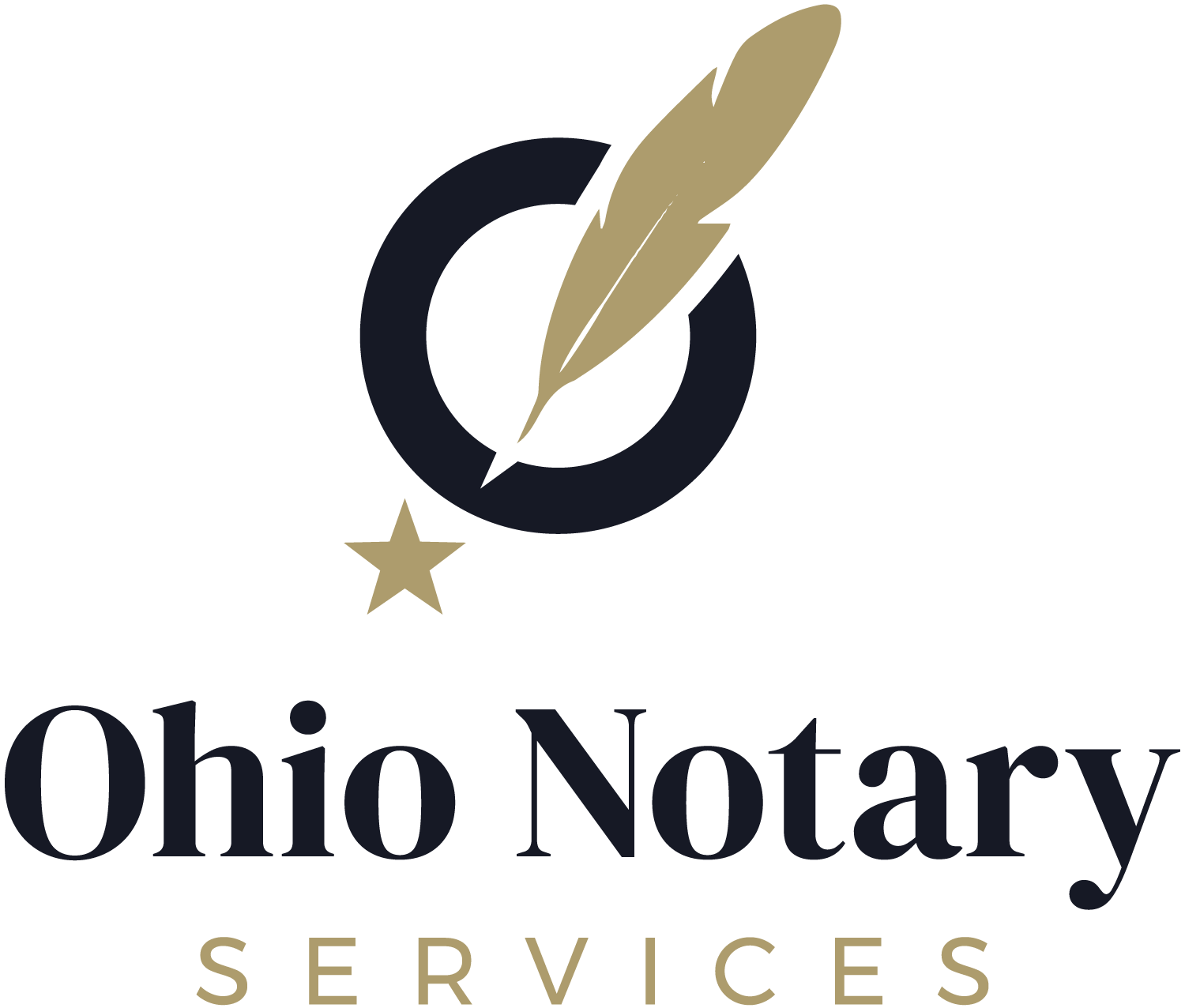Taking Care Of Deceased Estate Matters: Assistance Through Legal Process
Taking Care Of Deceased Estate Matters: Assistance Through Legal Process
Blog Article
Demystifying Notarial Job: Streamlining the Function and Value of Notaries
In the detailed internet of legal documentation and confirmation, notaries stand as pillars of guarantee and credibility. Their duty, typically shrouded in mystery for many, lugs substantial weight in making certain the legitimacy and integrity of important files. As guardians of legitimacy and fact, notaries play a critical part in our culture, yet their job is not always fully comprehended. By unraveling the intricacies bordering notarial techniques and dropping light on the importance of their acts, a more clear understanding arises of the crucial duty notaries play in upholding the material of contractual and lawful agreements.
The Background of Notarial Job
Exactly how did notarial job advance gradually to become an important component of legal and company purchases? The history of notarial job go back to old people, where scribes played a vital duty in taping vital info and confirming papers. As cultures advanced, the need for a much more formalized system to make certain the legitimacy of arrangements occurred. This resulted in the advancement of notaries, people assigned by the state to function as neutral witnesses in legal issues.
Throughout the Middle Ages, notaries acquired prestige in Europe, with their functions broadening to consist of composing legal documents, accrediting trademarks, and protecting documents. The surge of international trade additionally highlighted the value of notarial job in verifying contracts and contracts across boundaries.
In the contemporary era, notaries remain to play an important function in lawful and company purchases by verifying identifications, validating the authenticity of records, and protecting against fraud. Their role in accrediting the credibility of contracts includes a layer of security and depend the ever-evolving landscape of business and law.

Responsibilities and Obligations of Notaries
Notaries play a crucial duty in confirming the authenticity of documents and the identity of signatories. One of their main duties is to witness the signing of important papers, such as deeds, wills, and agreements, to make sure that all events are entering into agreements intentionally and voluntarily.
Moreover, notaries are charged with carrying out vows and affirmations, which are essential in legal procedures and the execution of testimonies. They certify duplicates of initial papers, providing guarantee to establishments that the copies are true replicas of the originals. Notaries should maintain accurate records of all deals they look after to make certain openness and liability. Generally, the responsibilities and obligations of notaries are crucial in protecting the stability and legality of various files and deals.
Notarial Certificates and Signatures
Exhibiting precise focus to detail, notarial certificates and trademarks work as crucial parts in confirming the credibility of lawful documents. Notarial certificates generally include crucial info such as the date of notarization, the names of the signatories, a summary of the file, and the notary's official seal. These certifications give a clear record of the notarial act, guaranteeing that the document can be quickly recognized and mapped back to the notary that supervised the process.
Trademarks play a pivotal duty in notarial work, as they symbolize the contract and approval of the events included. Notaries carefully witness the signing of records to verify the identity of the notaries and validate that they are authorizing of their very own free choice. By attaching their main seal and signature to the paper, notaries certify that the necessary treatments have actually been complied with and that the file is legitimate and enforceable.
Essentially, notarial certificates and trademarks are the characteristic of authenticity in legal deals, offering guarantee to all events entailed that the files are reputable and binding.
Value of Notarial Acts
Notarization Refine Discussed
The registration procedure generally begins with the individual offering the file to a notary public. As soon as the identity is verified, the notary makes certain that the private authorizing the file does so willingly and without any kind of threat.

Conclusion

Notarial certifications typically include vital details such as the day of registration, the names of the signatories, a summary of the paper, and the notary's official seal. These certifications offer a clear document of the notarial act, making sure that the paper can be quickly identified and traced back to the notary who looked after the process.
By attaching their main seal and trademark to the file, notaries license that the needed treatments have actually been adhered to and that the record is enforceable and legitimate.
By verifying the identity of the signatories, verifying their readiness to get in right into the contract, and certifying the date and area read what he said of the signing, notaries play a critical function in supporting the validity of lawful records.After the record is authorized, the notary will certainly attach their official seal or stamp onto the record.
Report this page